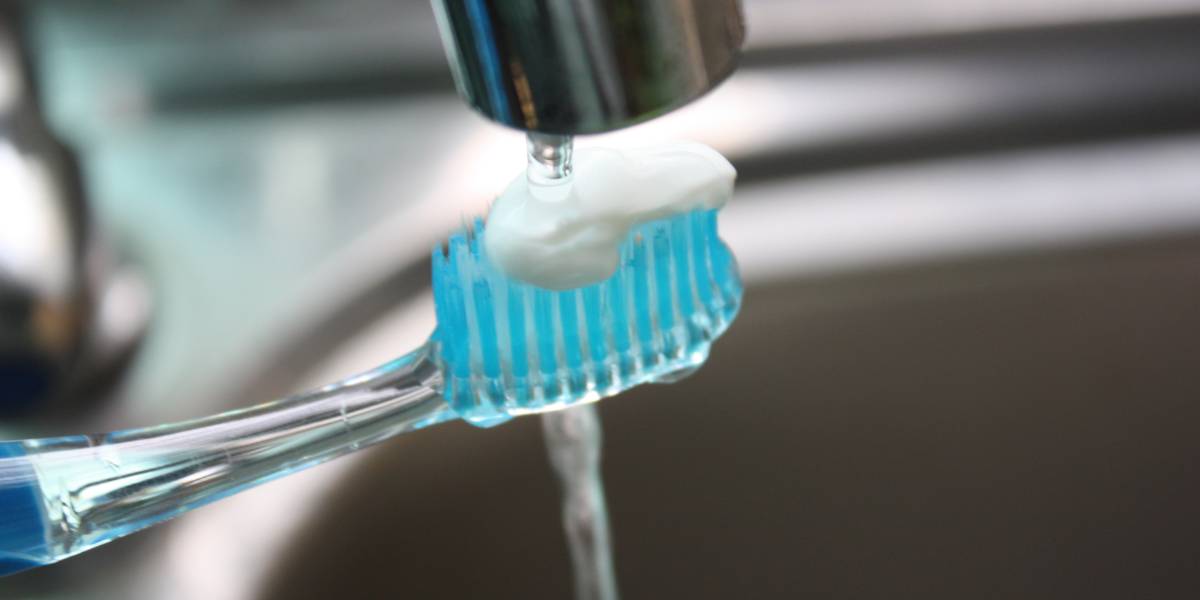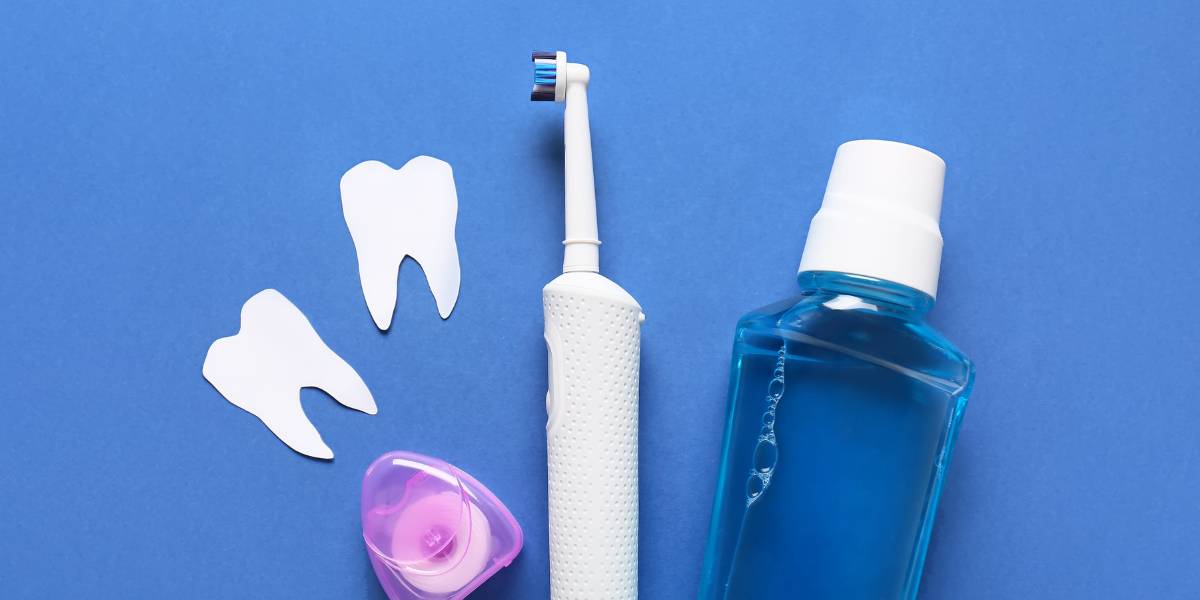Find out the ways how you can clean your teeth:
1. Five easy ways to clean your teeth on-the-go 2. How long do we have to wait to eat after teeth cleaning? 3. Should we brush our teeth before or after breakfast?
Let’s look into the details below.
5 Easy Ways To Clean Your Teeth On The Go

1. Rinse Mouth
Rinsing your mouth with water is the minimal thing you can do to maintain your oral hygiene if you don’t have a way to brush your teeth at school or work after lunch. By doing this, it can remove food particles left on teeth and reduce acids. It can also remove lingering sugar that will cause the formation of plaque which leads to cavities.2. Drink Water
You can take a bottle of water with you along the journey to maintain the wetness of your oral mucosal. Also, to reduce the acids produced by your mouth’s bacteria. Acids wear away the enamel that protects your teeth, a process known as tooth erosion. This changes the appearance of your teeth and opens the door for bacteria that can cause cavities or infection.3. Store Mouthwash
You can also keep mouthwash in your office desk in your drawer or carry it along your journey. Mouthwash can be used in controlling bad breath, reducing cavities, receding gums, avoiding dry mouth and plaque building up. However, using mouthwash after eating is not a substitute for brushing and flossing. It is just one of the options of how to clean your mouth on the go especially after eating.4. Bring Floss Along
You can always bring floss with you or keep it in your bag when away from home or the office. It offers a quick and convenient solution to clean your teeth if you are on the go after a meal. Flossing after eating can remove plaque and food particles from the areas of your mouth that the toothbrush can’t reach. Unlike brushing which requires a sink and time to complete, floss, you can use even when you are sitting in traffic or at your desk.5. Chew Sugar Free Gum
Chewing a piece of sugar-free gum could be an effective way for on the go oral hygiene. It can freshen your breath with minty flavour and remove a tiny piece of food that sticks between your teeth. Chewing sugar-free gum can also stimulate saliva flow in your mouth, while saliva flow carries calcium and phosphate that helps to strengthen your tooth enamel. It would be even better by chewing gum with xylitol which can help in reducing plaque and prevent bacteria from sticking to your teeth.How long do we have to wait to eat after teeth cleaning?

If you plan on eating after cleaning your teeth, the recommended wait time is 30 minutes. Especially if you have used a fluoride mouth rinse. This is mostly because it will have an impact on how effective mouthwash is. To be effective, the active ingredients must remain on the teeth for at least 30 minutes.
Should we brush teeth before or after breakfast?
The recommended sequence is always to brush your teeth first before having breakfast. This is because a large number of bacteria accumulated while you were asleep. By brushing first thing in the morning, you will not only freshen up your breath but also prep your teeth to handle the acids from your morning meal.These oral hygiene tips are just a quick fix of cleaning your mouth while you are on the go. They are not the substitutes for thorough brushing and flossing that you should do every morning and night. No matter how busy you are, your teeth still require care in your busy day.
Healthy teeth and gums can make you feel better, eat and talk more comfortably, and also save your money on dental health issues in the long run. Kickstart your journey of having a dazzling smile by taking a Free Smile Assessment.
